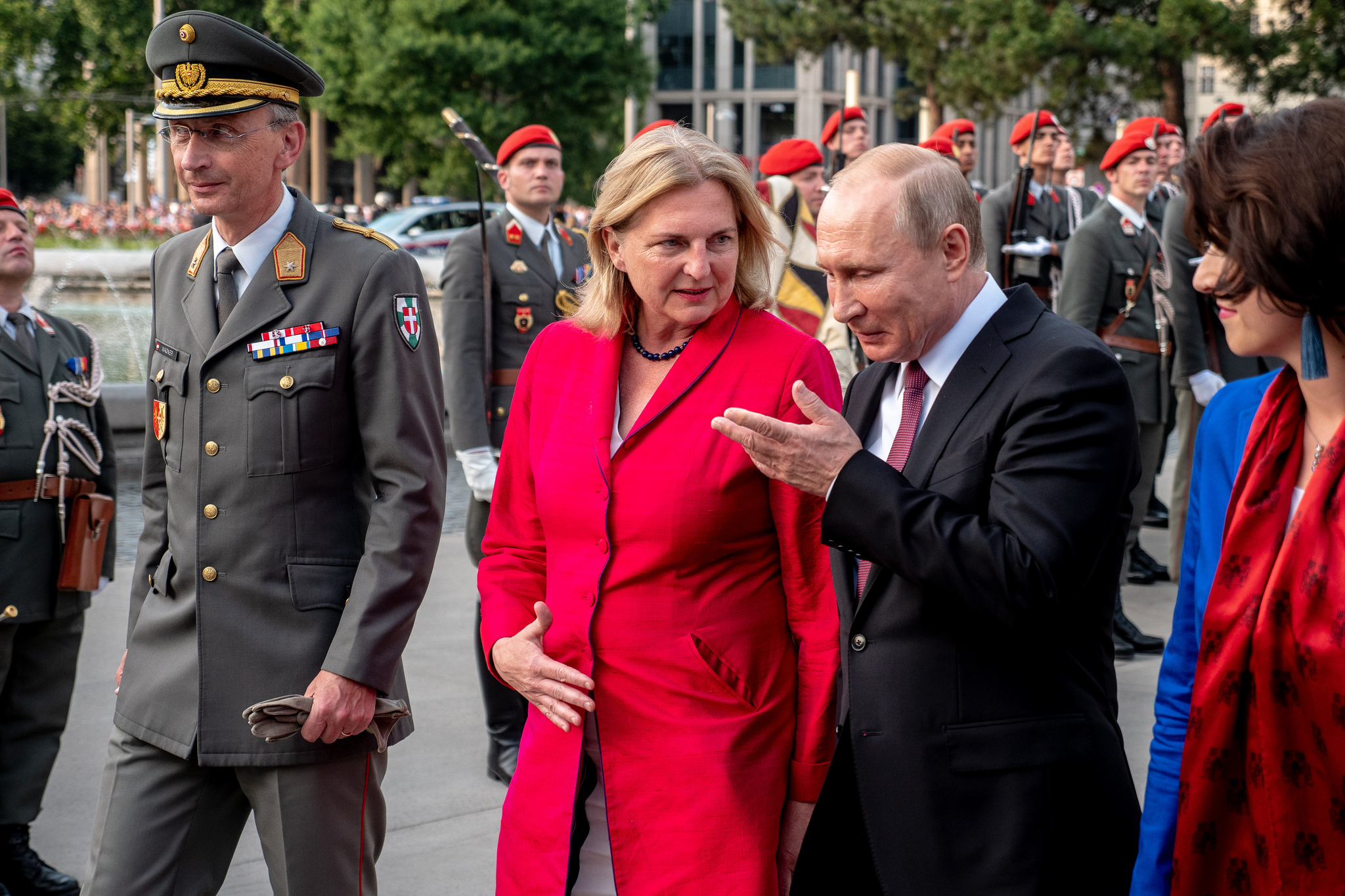This article originally appeared in January 2019. Given recent events, we thought it merited a re-up.
Russia’s state communications regulator, Roskomnadzor, recently said BBC’s Russian-language website had published material that propagated terrorism. Roskomnadzor said it would examine whether the British public broadcaster has violated Russia’s strict anti-extremism laws by publishing quotes from Abu Bakr al-Baghdadi. However, the BBC said it is in full compliance with the law.
In typical tit-for-tat fashion, Dmitry Peskov, the Kremlin Spokesman, said the investigation into BBC – launched in December 2018 – was a reaction to Ofcom’s report on Russia Today (RT), which stated RT’s reporting on Salisbury Novichok poisonings broke impartiality rules. According to the report, the Russian broadcaster failed to preserve “due impartiality” in seven programs that aired after the poisoning of former Russian double agent Sergei Skripal.
Since RT started broadcasting in The UK in 2011, it has violated the Ofcom’s broadcasting rules on 15 occasions.
The investigation is also considered a retaliation against the The Times newspaper’s recent publication of a list of employees of Sputnik’s UK bureau.
Tanya Lokshina, the Russia programme director for Human Rights Watch (HRW) said: “Russian anti-extremism legislation is increasingly used by the government to stifle independent voices. The law is very broad and effectively designed for selective implementation. It’s a huge bulk of legislation and it keeps expanding.”
BBC is just the latest target.
The Russian government first introduced an anti-extremism law in 2003, as it fought to quash the Islamist insurgency in Russia’s North Caucasus. In 2014, a law criminalising online content was introduced under which, any person found ‘expressing approval of terrorism on the internet’ could be punished with up to seven years in prison.
The lack of clarity in these laws – a Soviet tradition – gives Russian authorities the ability to target ‘bothersome citizens’ with minimal justification required. The anti-terrorism law is just one of many laws weaponised by the state to target opponents. Others include the 2012 “foreign agents” law that has led to the closure of dozens of civil society organisations that receive funding from abroad.
The anti-terrorism charge has been increasingly brought against social media users critical of Russia’s involvement in the conflict in Ukraine, which broke out in February 2014. In December 2016 a blogger from Tyumen, Siberia, received a two-and-a-half year prison sentence for “promoting and justifying terrorism” after writing a blog post criticizing Russia’s military involvement in Syria.
A 2017 HRW report, ‘Online and On All Fronts: Russia’s Assault on Freedom of Expression’ lists dozens of cases involving the prosecution of critics under the anti-extremism law. HRW reports that the law’s application veers from clearly politically motivated to simply absurd.
Some cases involve citizens who have criticised or ridiculed the Russian Orthodox Church, which is widely seen as an organ of the state. In May 2017, a court convicted a video blogger, Ruslan Sokolovsky, 22, on “incitement to hatred and insult to the religious feelings of believers”. Citing the French satirical magazine Charlie Hebdo, Sokolovsky created several satirical pieces about the Orthodox Church, calling, for instance, priests “comic book heroes” on his blog. The court gave the blogger a three-and-a-half year suspended sentence.
Since Russia annexed Crimea in March 2014, the anti-extremism law and extremism have been used prolifically against Crimean Tatars, an ethnic minority that is native to the Ukrainian peninsula and that has virulently opposed Russia’s occupation. Russian authorities have regularly targeted Crimean Tartars, often through harassment intimidation, and by raiding their houses for ‘dangerous’ materials. According Crimea SOS, a Ukrainian charity, over 27 Tatars have been imprisoned on charges of ‘extremism’, for which, they claim, there is no evidence. In 2014, The Mejlis, a representative body of ethnic Crimean Tatars has also been suspended on the anti-extremism law.
The anti-extremism legislation shows there is not rule of law, but rather rule by an – at times – absurd interpretation of political threat. The latest targeting of BBC marks yet another attack on the country’s rapidly diminishing space for independent voices.
Photo: Bundesministeriums für Europa, Integration und Äusseres

